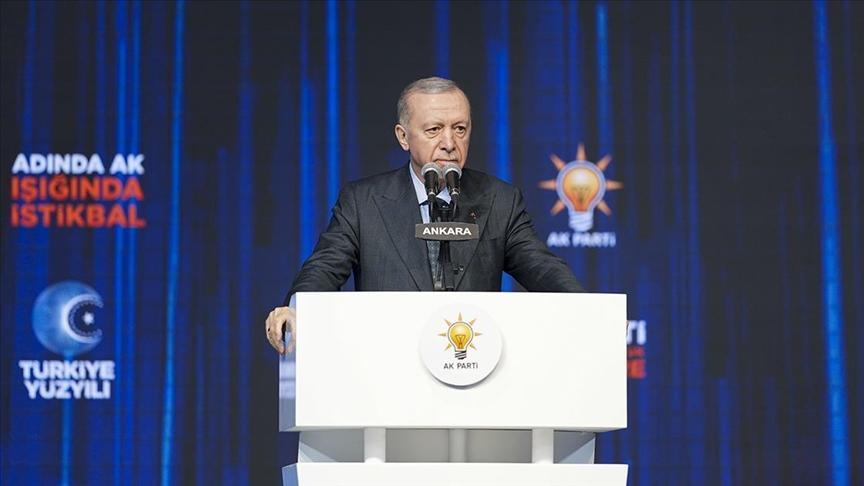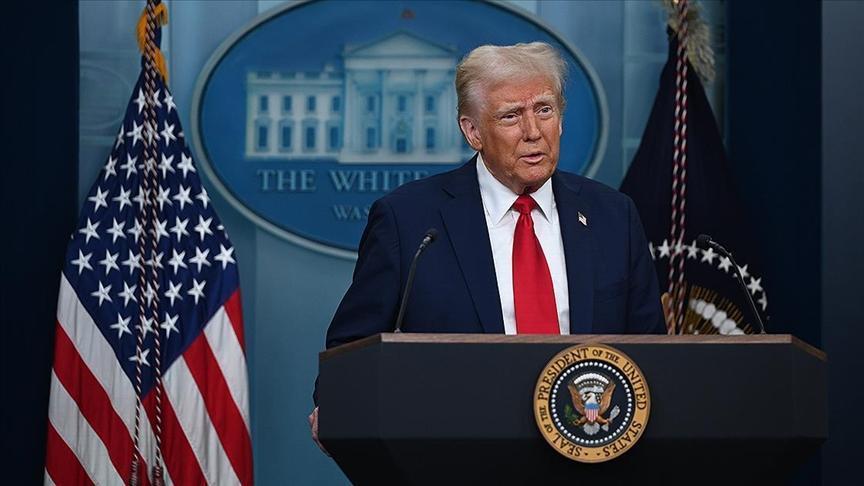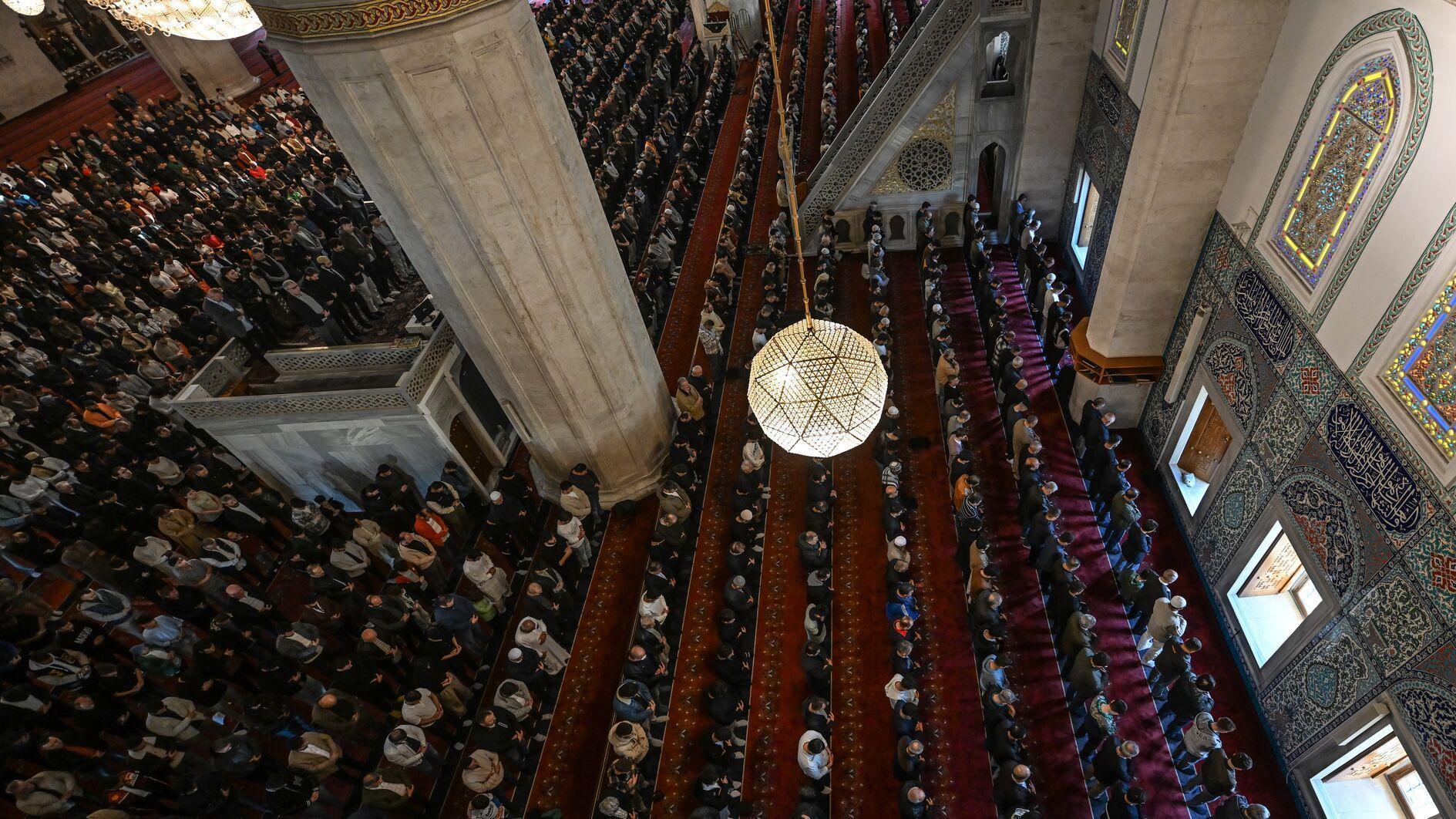‘Pearls’ of the new Government Program
“When will economists just admit that they can’t predict for *beep*?”
I kind of took it personally when Steven H. Seggie, marketing professor at Özyeğin University, asked that in a tweet. I could have dismissed his attack on economists as math envy, but I decided instead to prove him wrong by making accurate predictions. But then, I read the new Government Program (GP) on Saturday and decided I just could not deny the “strategic depth” of that masterpiece from my readers who don’t speak Turkish.
Therefore, rather than provide forecasts for all the Turkish data of this week, I will (accurately) predict that July industrial production, which will be released on Sept. 8, will post a negative annual growth rate, probably in the order of 4-5 percent. But neither this statistic nor second-quarter growth, which will be released on Sept. 10, will change Turkey’s (lack of a) growth story. But more on that in Friday’s column.
As for the GP, here are the highlights, or “pearls” – if world-renowned linguist Noam Chomsky translates Turkish expressions like milk port into English literally, I don’t see why I shouldn’t. For starters, most of the GP is simply taken from the previous one word for word, just organized into Orwellian chapters: Advanced Democracy, Human Development, Sustainable Spaces and the Environment, Strong Economy and Leader Country.
The advanced democracy is ranked in the 80s in different democracy indices – and labelled as a “hybrid regime” (between flawed democracy and authoritarian regime) like Iraq and Russia. Turkey is 69th in the UNDP’s Human Development and 66th in Yale University’s Environmental Sustainability indices. Moreover, Turkey’s rankings have not improved much during the last decade.
The perennial optimist could see the GP’s chapters as proof that the government is well aware of the deficiencies and intends to correct them. Unfortunately, that is not the case at all. For example, the program claims that the ruling Justice and Development Party (AKP) has not created an easy money-making opportunity for anyone. However, economy czar Ali Babacan underlined last week that earning money in the construction sector was too easy.
There are also obvious inconsistencies. A few pages after stressing the importance of increasing the country’s dismal savings rate, the program boasts of $350 billion of new public investment for the next four years. All in all, the economy chapter of the GP feels like a grocery list, without any identification of the economy’s binding constraints and the appropriate prioritization.
For me, the highlight of the GP was the following: “We have shown a strong will to fight corruption. We strived so that no corruption would be covered up, any allegation examined carefully, and judicial processes would work well.” This may be right, as we now have a prime minister who was not implicated in this past winter’s graft scandal.
While most of the GP was just copy and paste from the previous one, daily Radikal columnist Uğur Gürses noted that the phrase “not a single bank went under” was removed. Considering the “iron will” to bankrupt Gülenist Bank Asya, this redaction was probably a Freudian slip.










